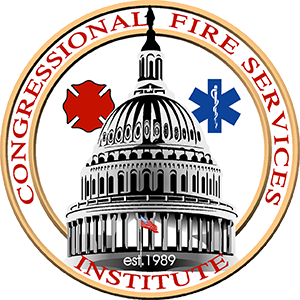(March 17, 2017) – On Thursday, March 9th, Senator Susan Collins (ME) and Senator Tom Carper (DE) introduced S. 602, the Fire Sprinkler Incentive Act. Congressman Tom Reed (NY-23) and Congressman Jim Langevin (RI-2) introduced identical legislation, H.R. 1481, in the House. The bill creates a tax incentive for building owners to retrofit properties with automatic fire sprinkler systems.
First introduced following the deadly Station Nightclub fire in West Warwick, RI in 2003, the legislation creates a tax incentive for property owners to retrofit existing buildings with automatic sprinkler systems. Specifically, the bill would amend the Internal Revenue Code to include automated fire sprinkler system retrofits as a section 179 property. This would allow small and medium-sized businesses to deduct the cost of retrofitting a building with an automatic sprinkler system. Additionally, the bill would classify automated fire sprinkler system retrofits in high-rise buildings as a 15-year property for purposes of depreciation. Currently, the depreciation schedule for a fire sprinkler retrofit is 39-years in a commercial building and 27 ½- years in a residential building.
According to the National Fire Protection Association (NFPA), in 2015, there were 1,345,500 fires reported in the United States, leading to 3,280 civilian fire deaths, 15,700 civilian injuries, and $14.3 billion in property damage. Studies by NFPA have concluded that buildings outfitted with sprinklers reduce the death rate per fire by at least 57% and decrease the property damage by up to 68%.
S. 602 was referred to the Senate Finance Committee. H.R. 1481 has been referred to the House Committee on Ways and Means.
